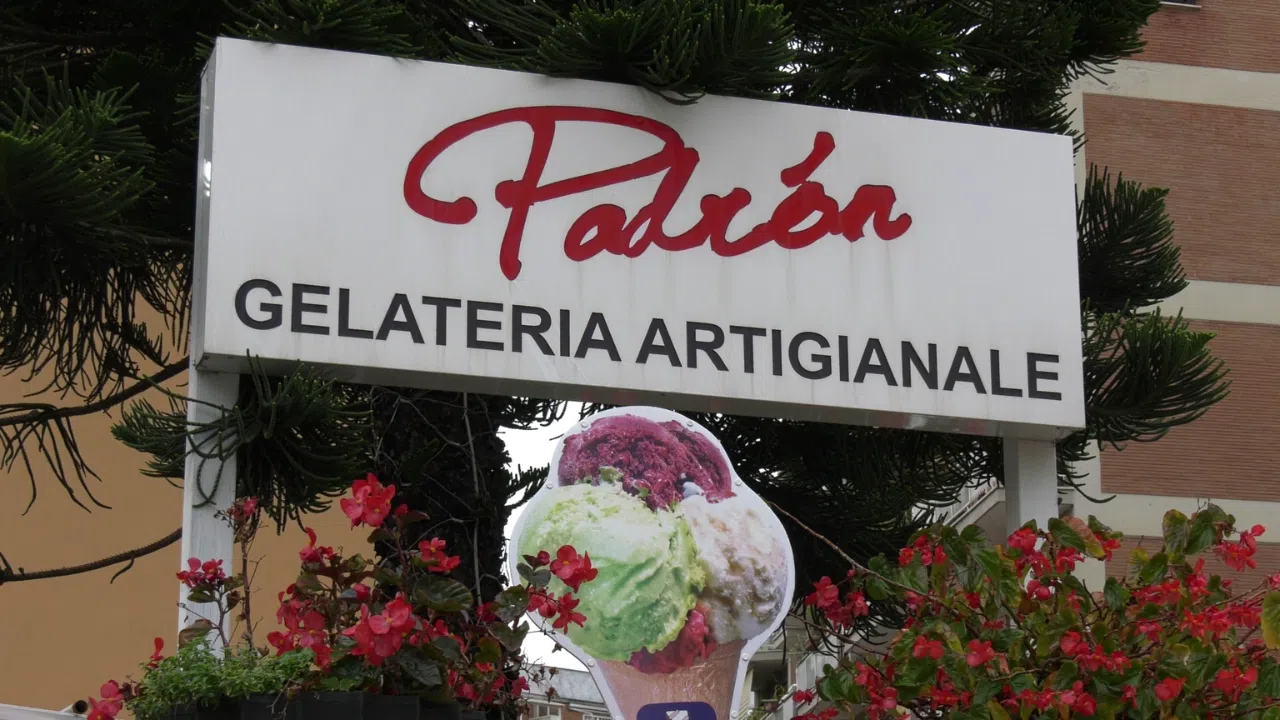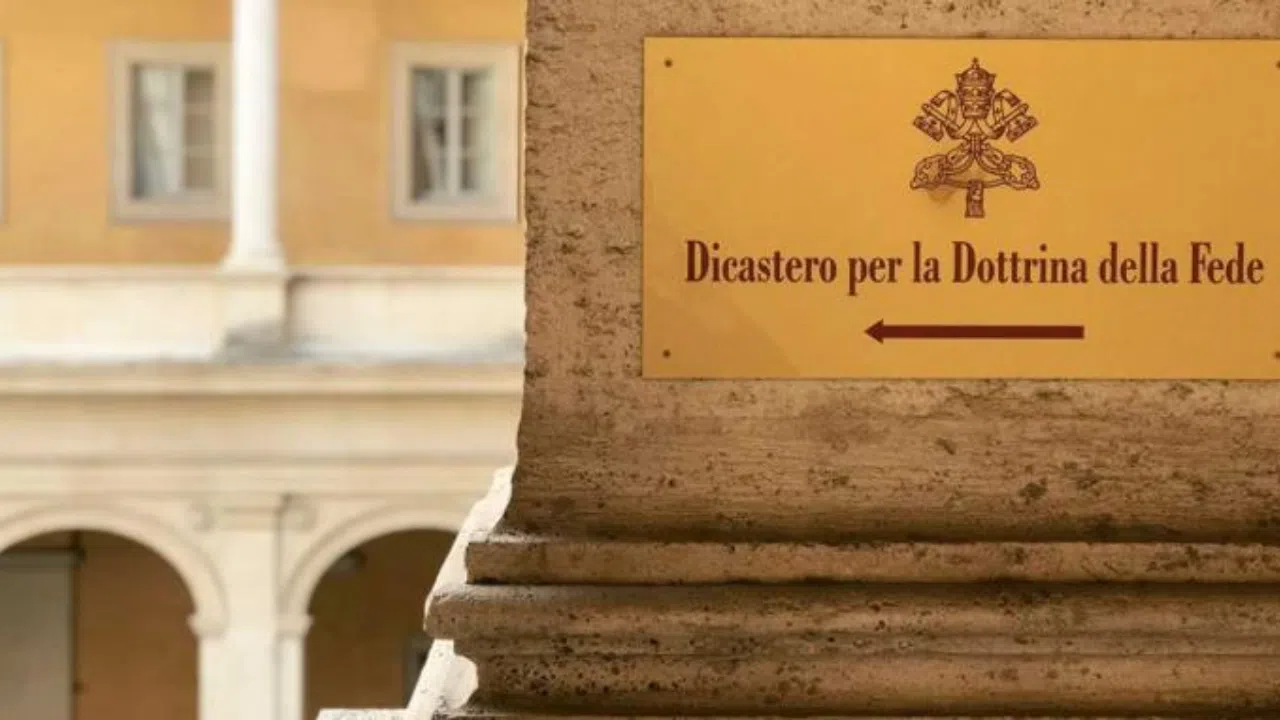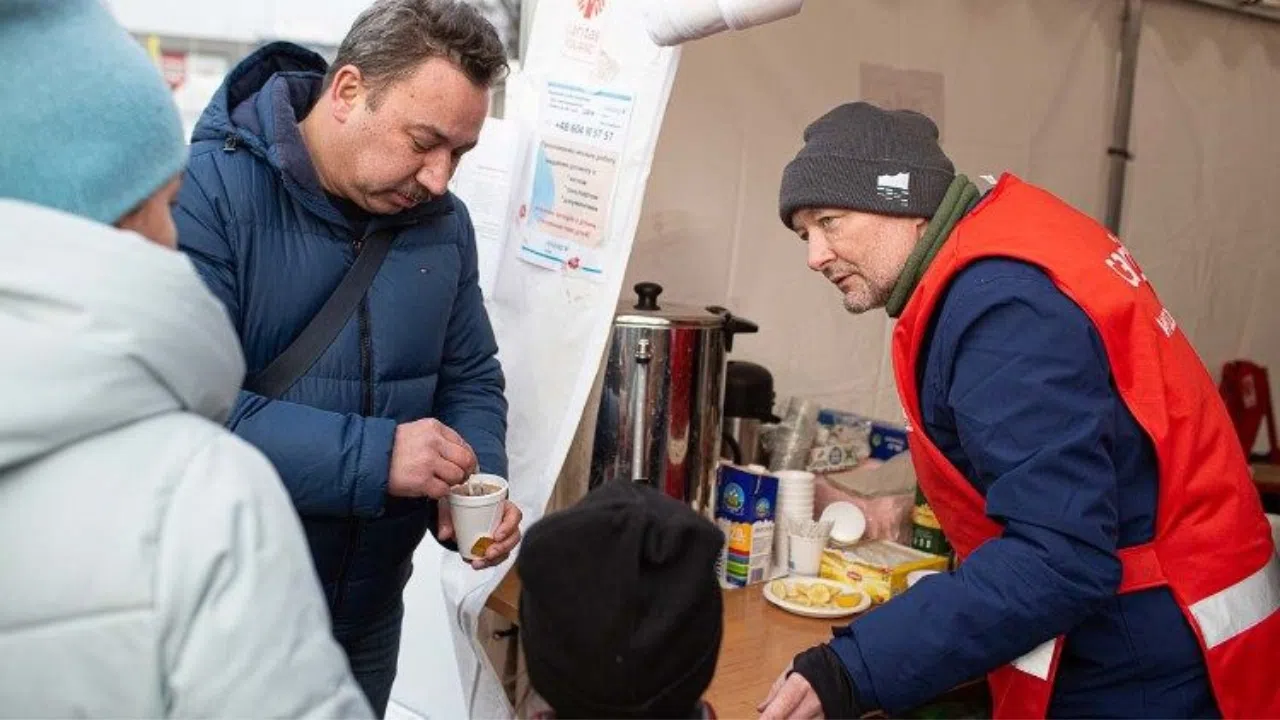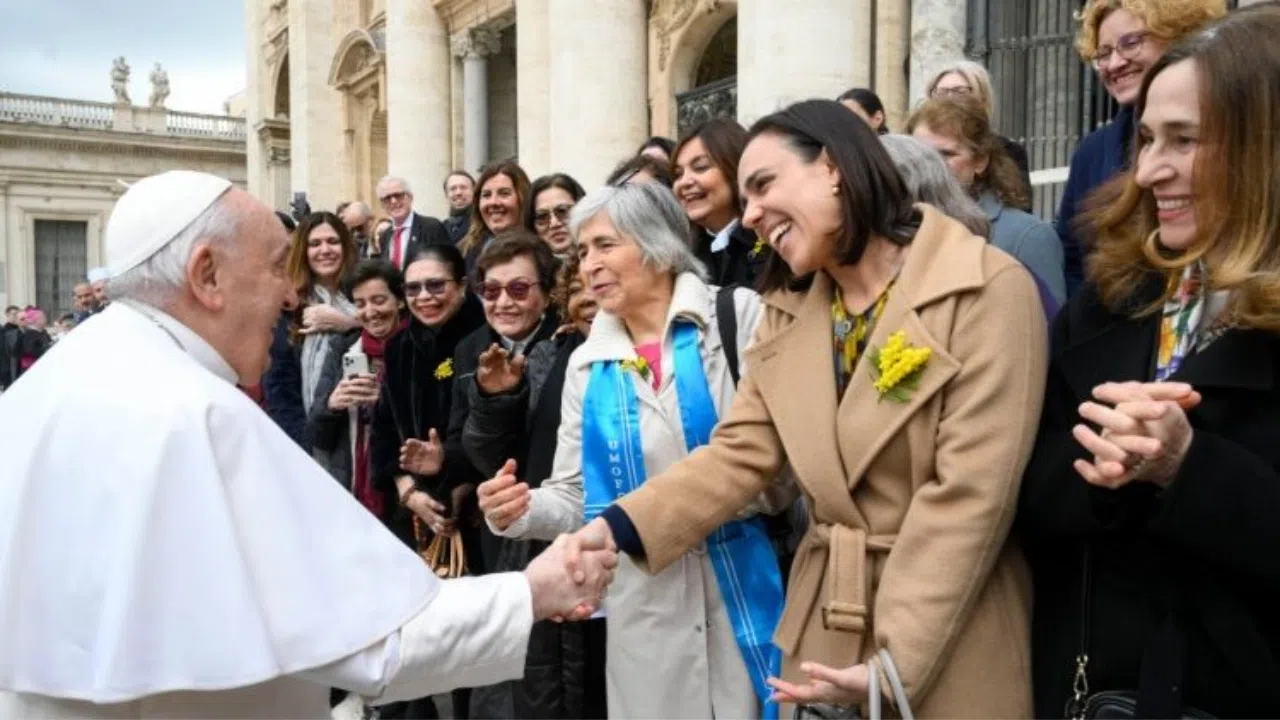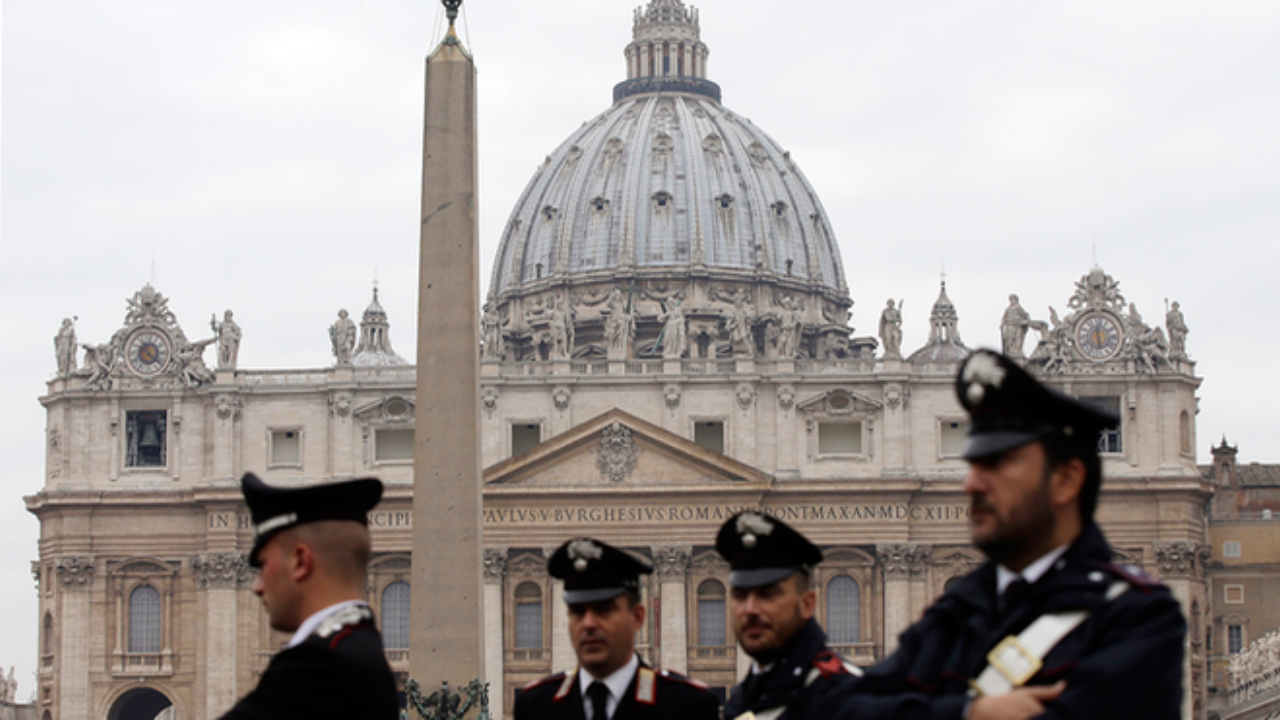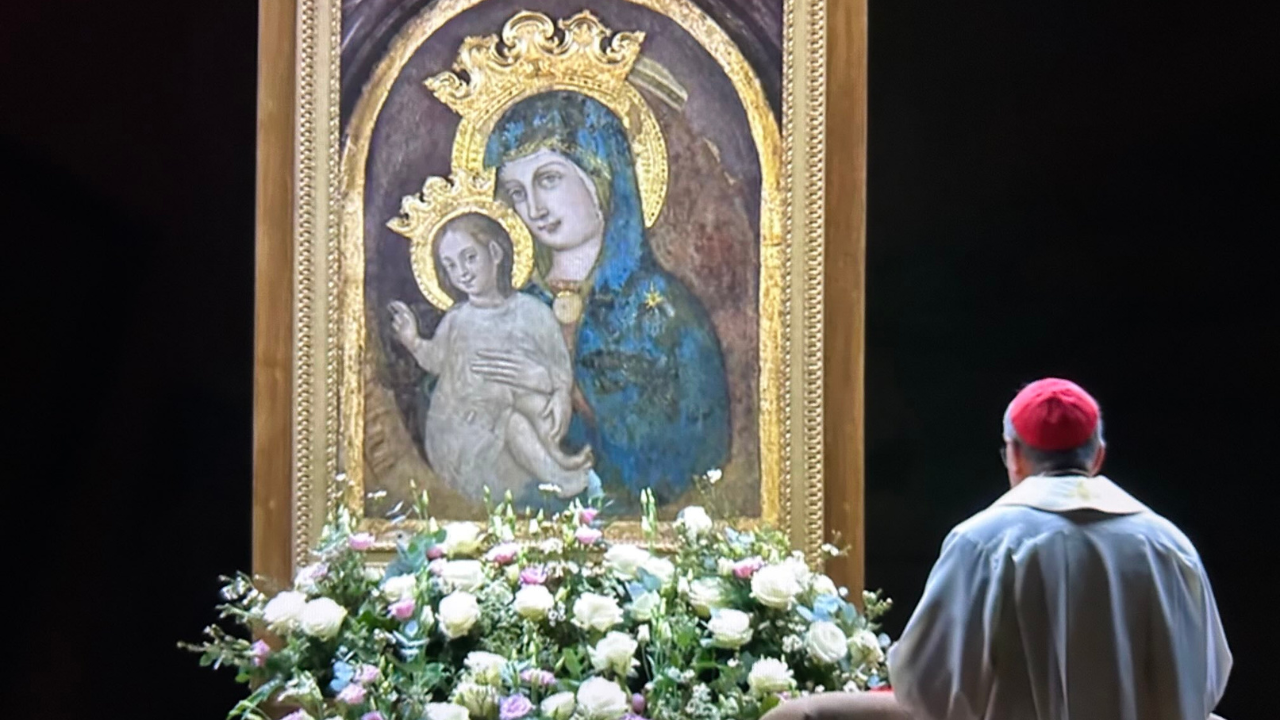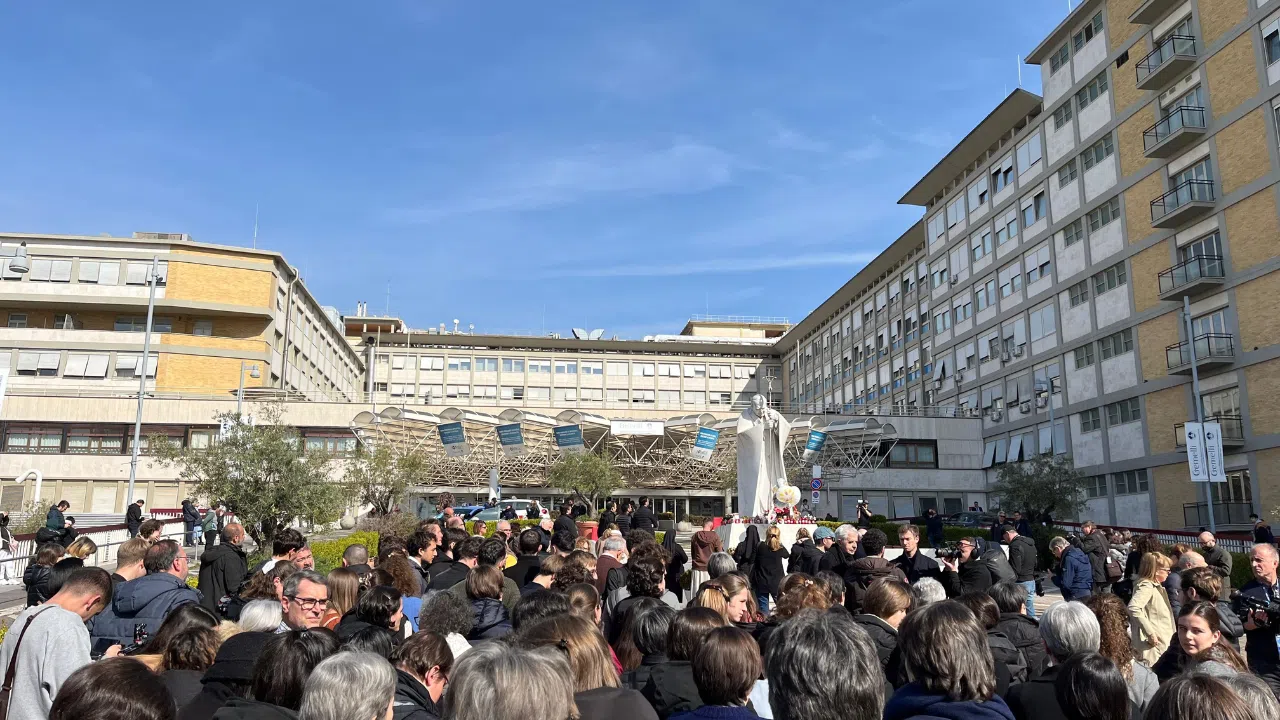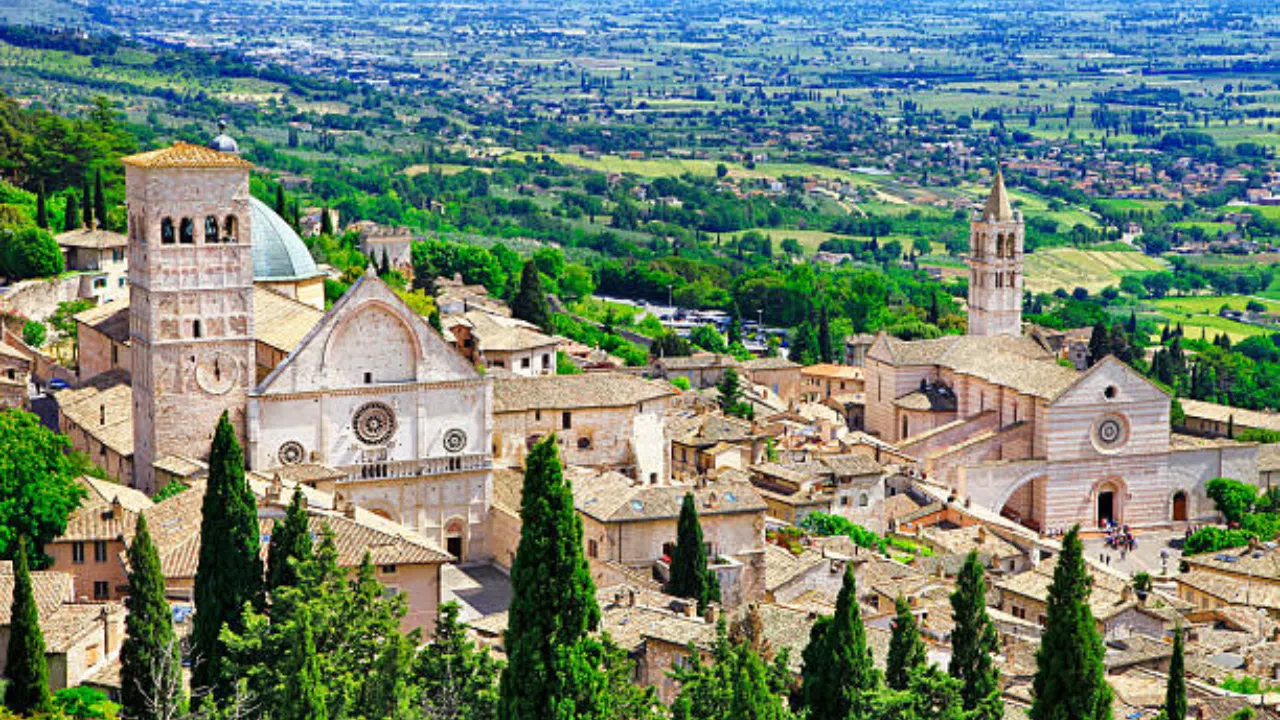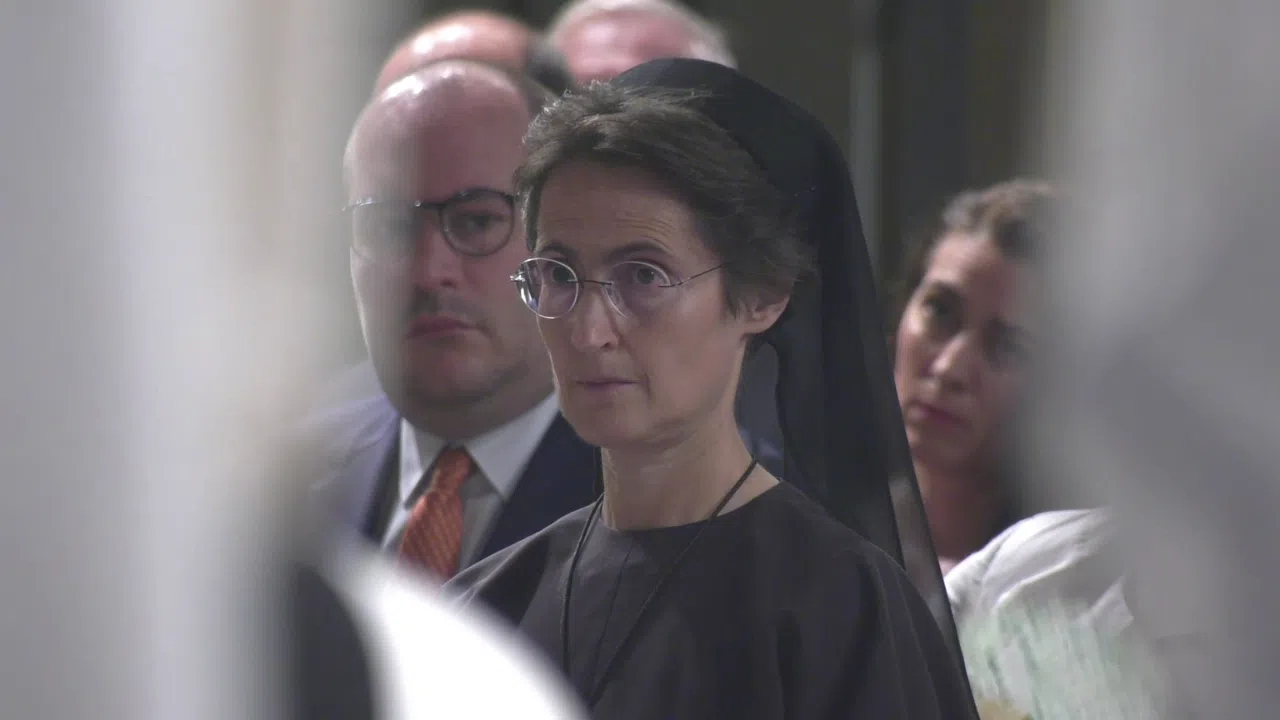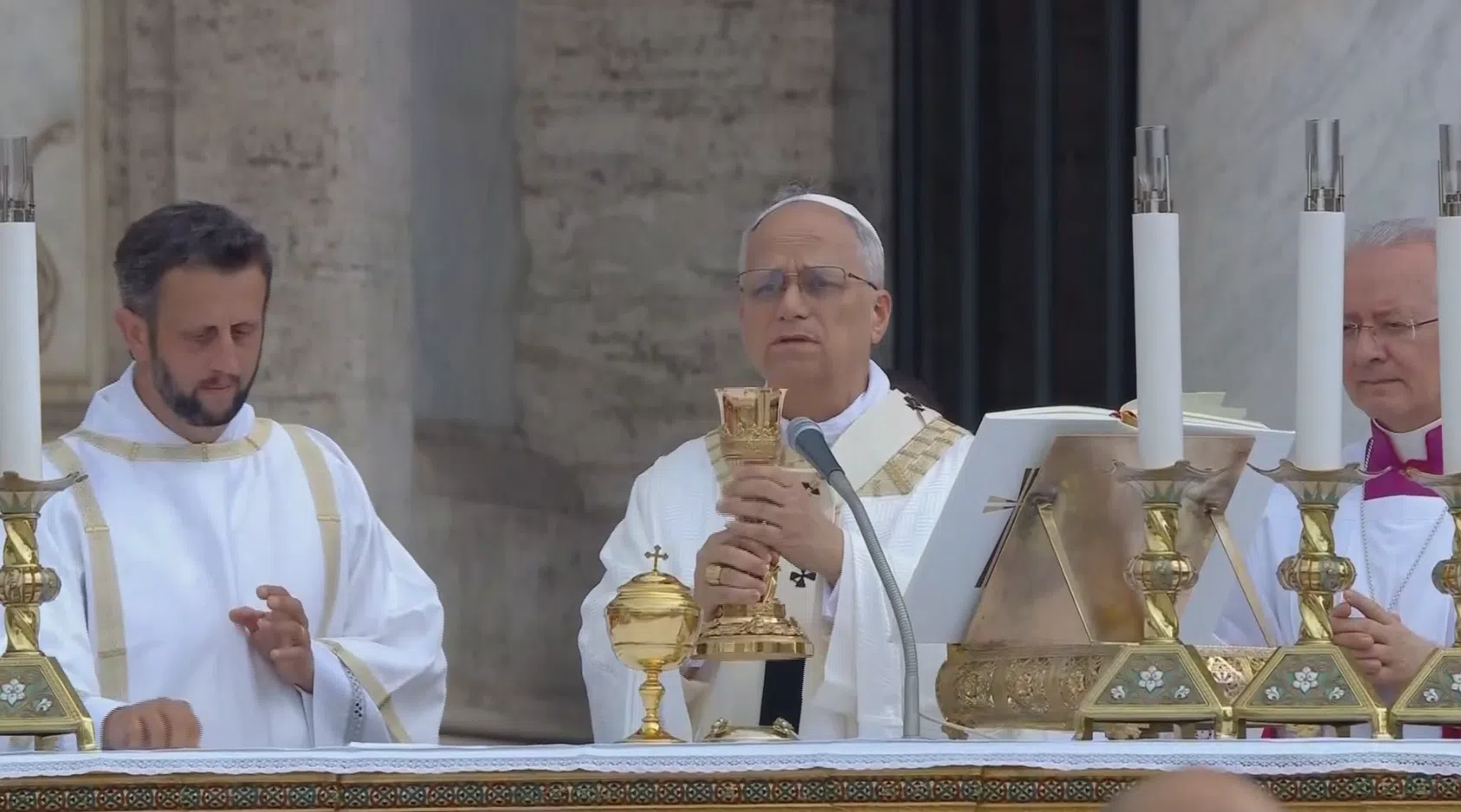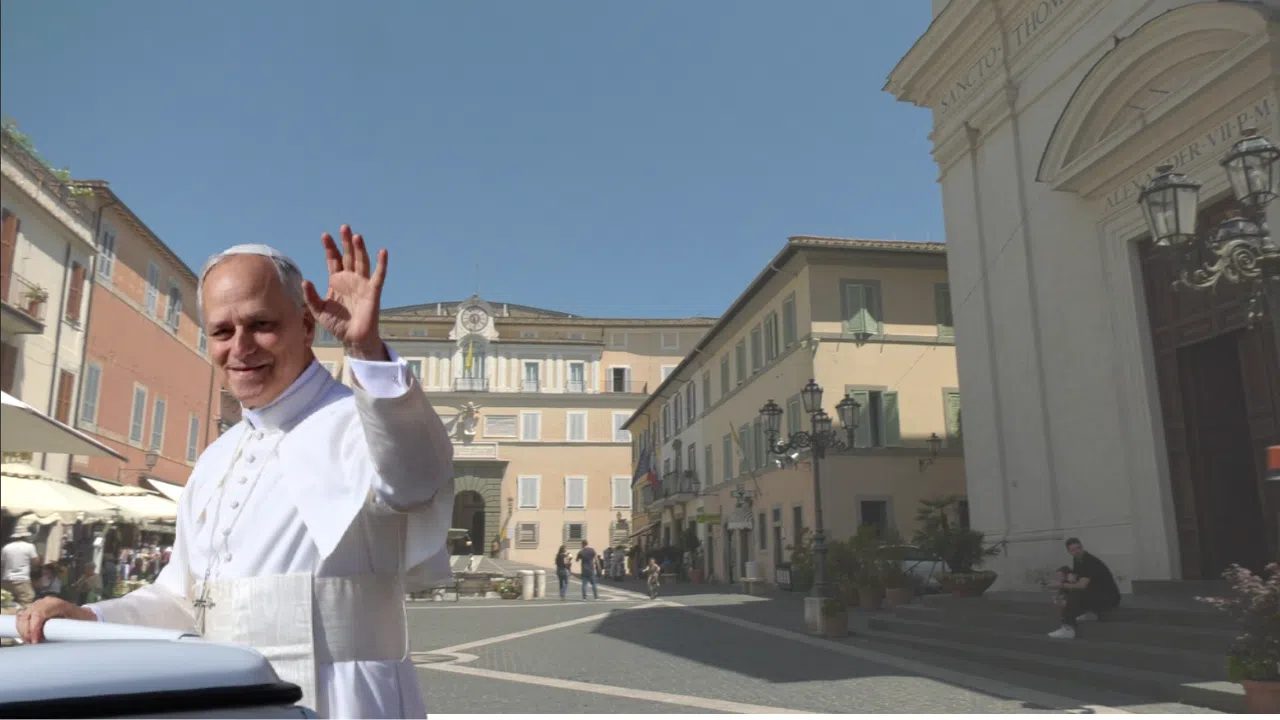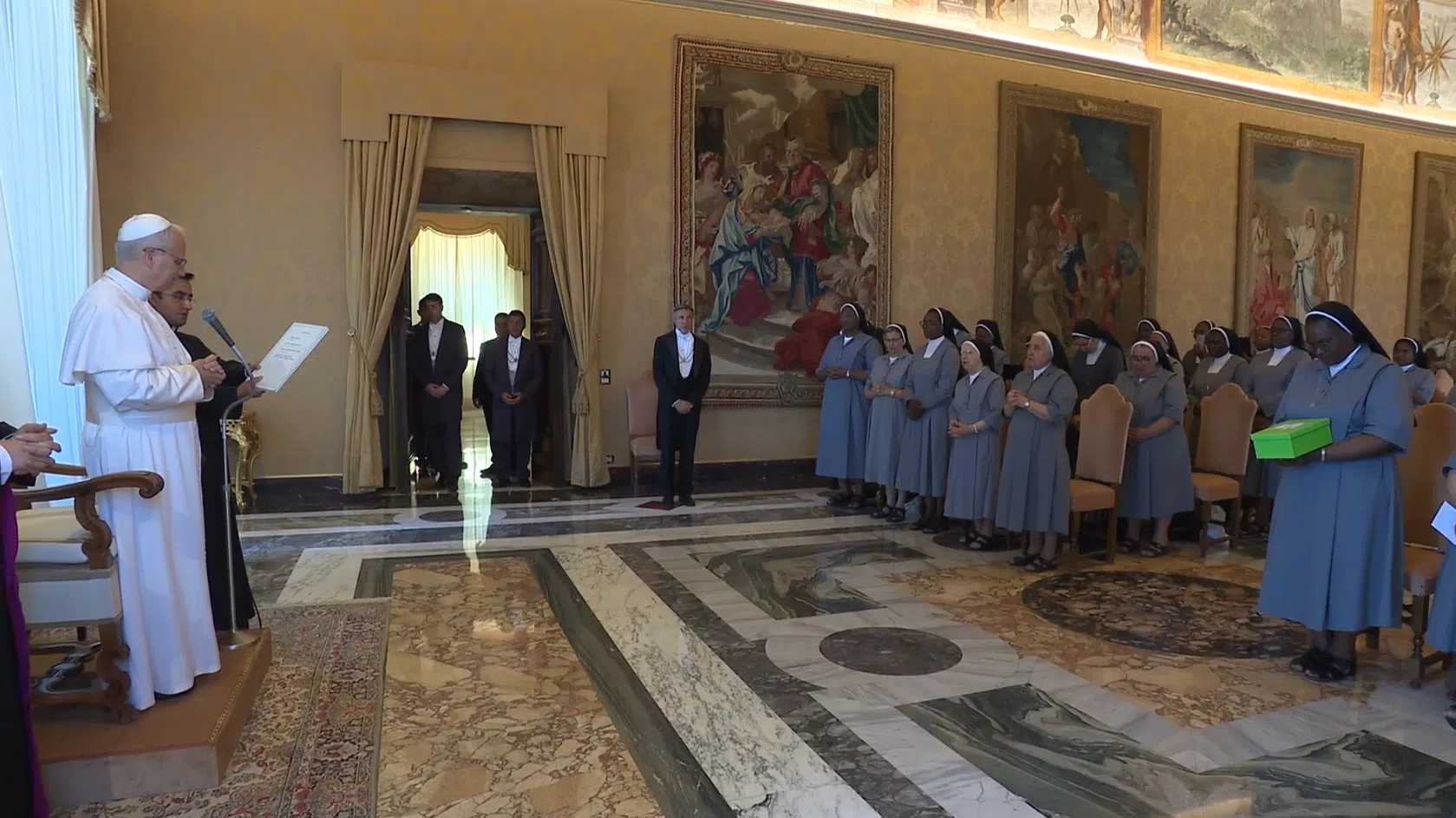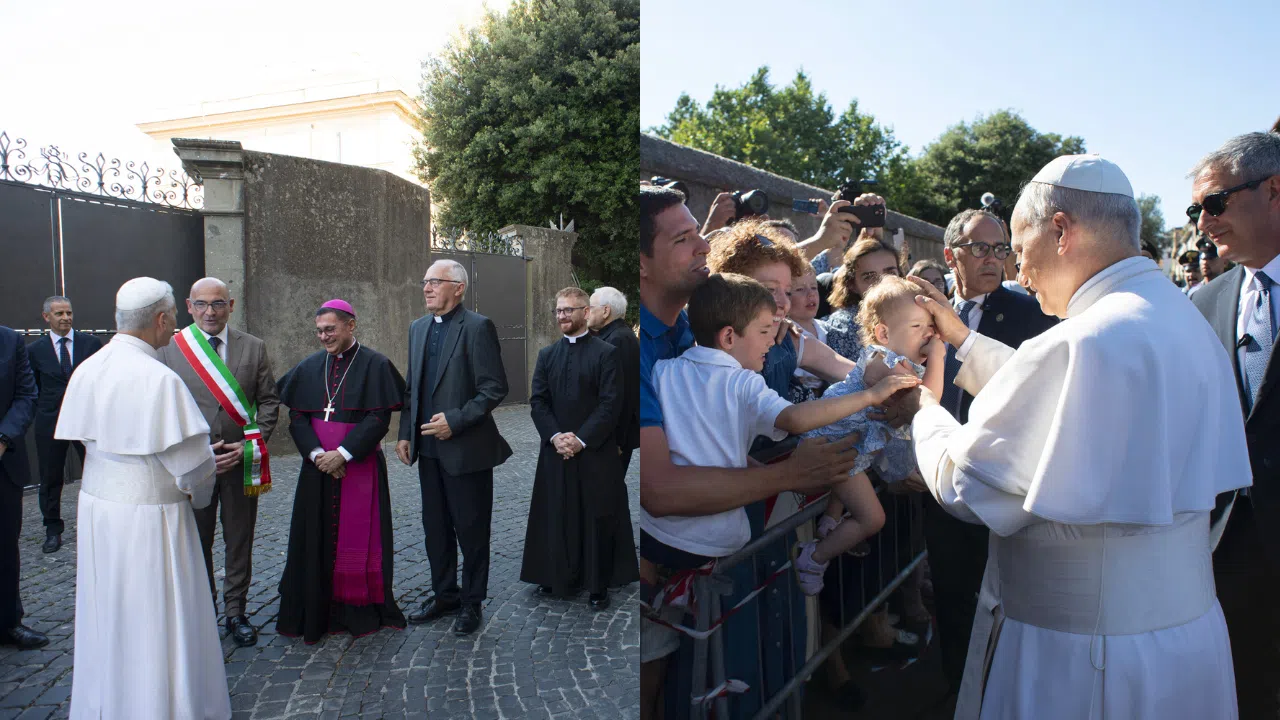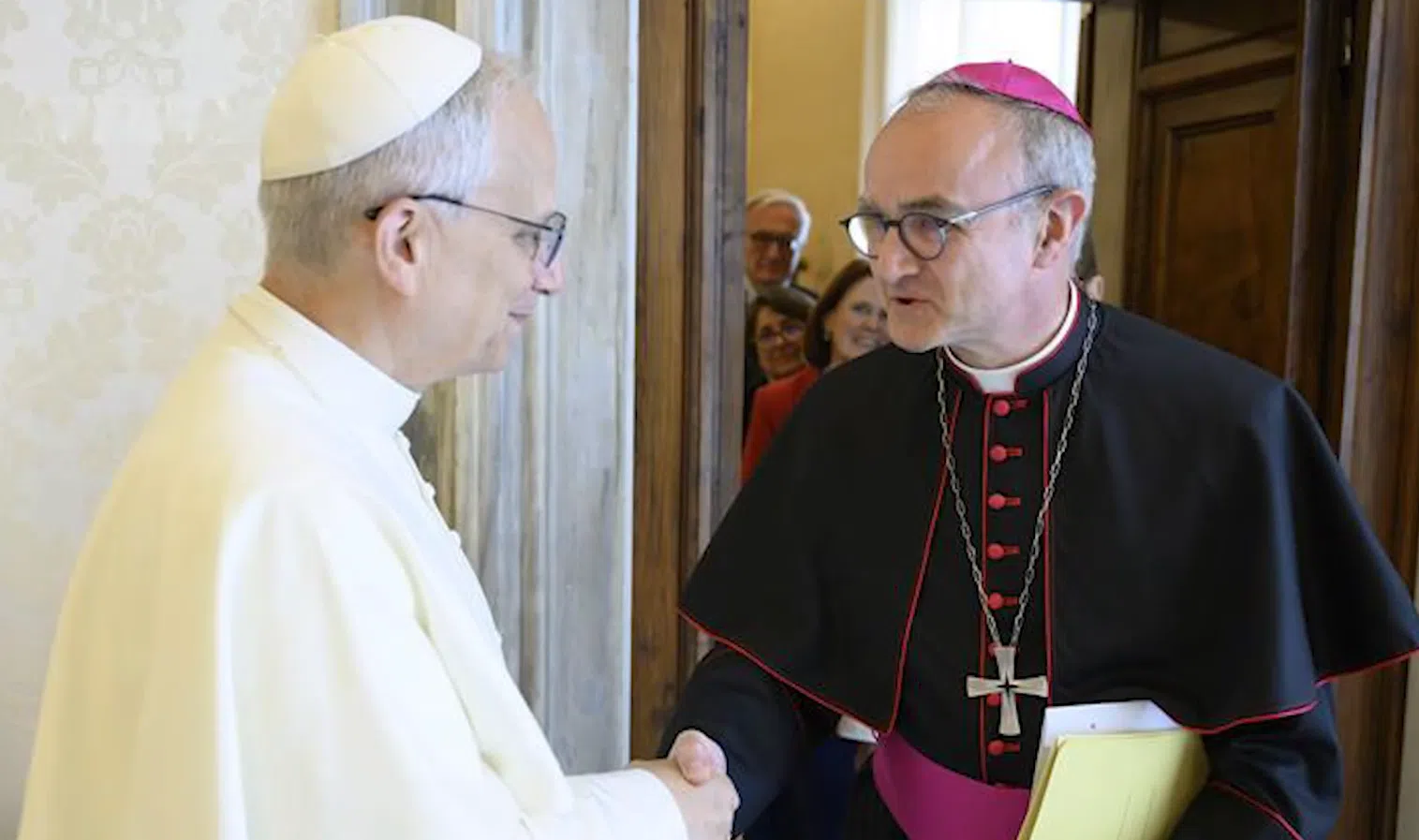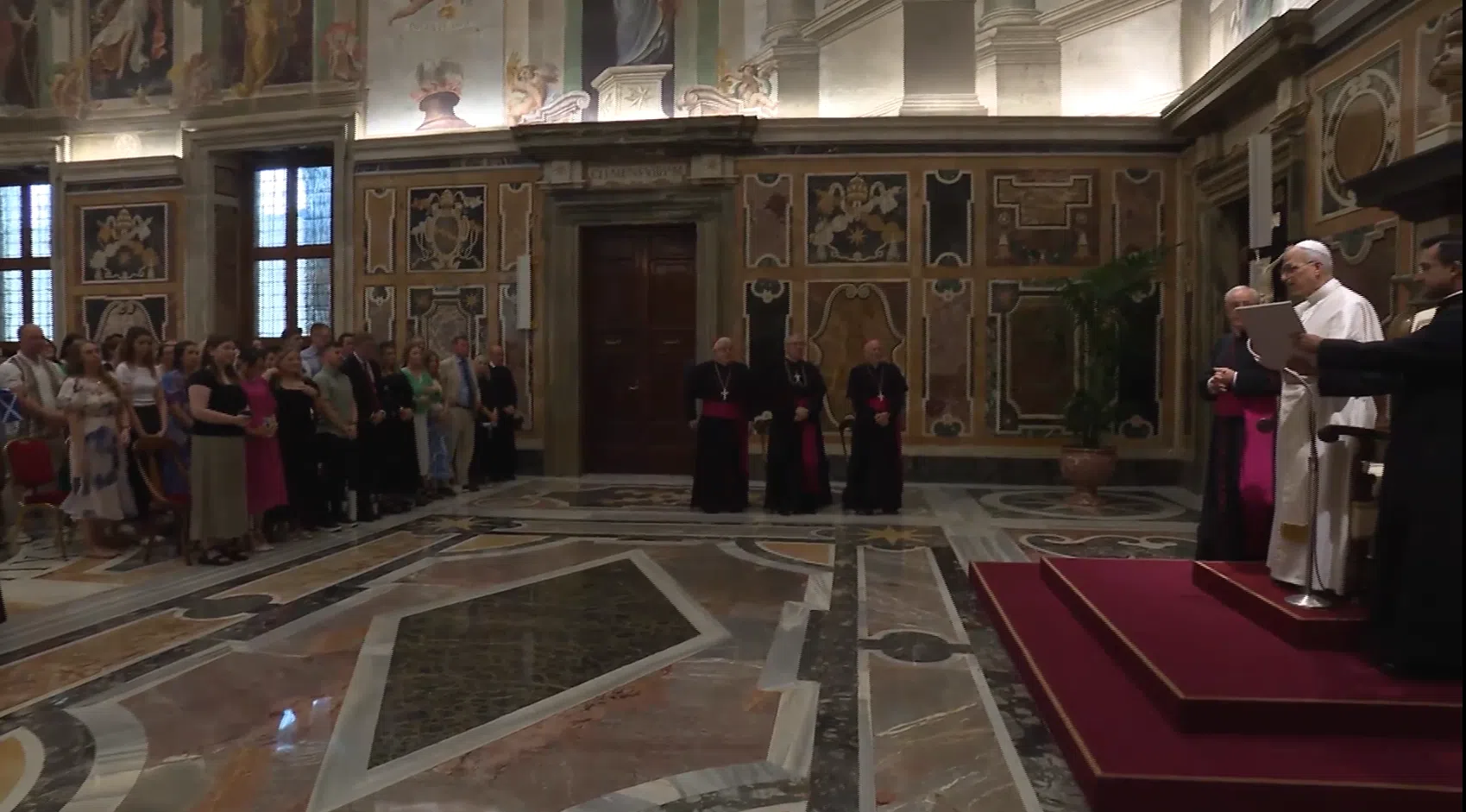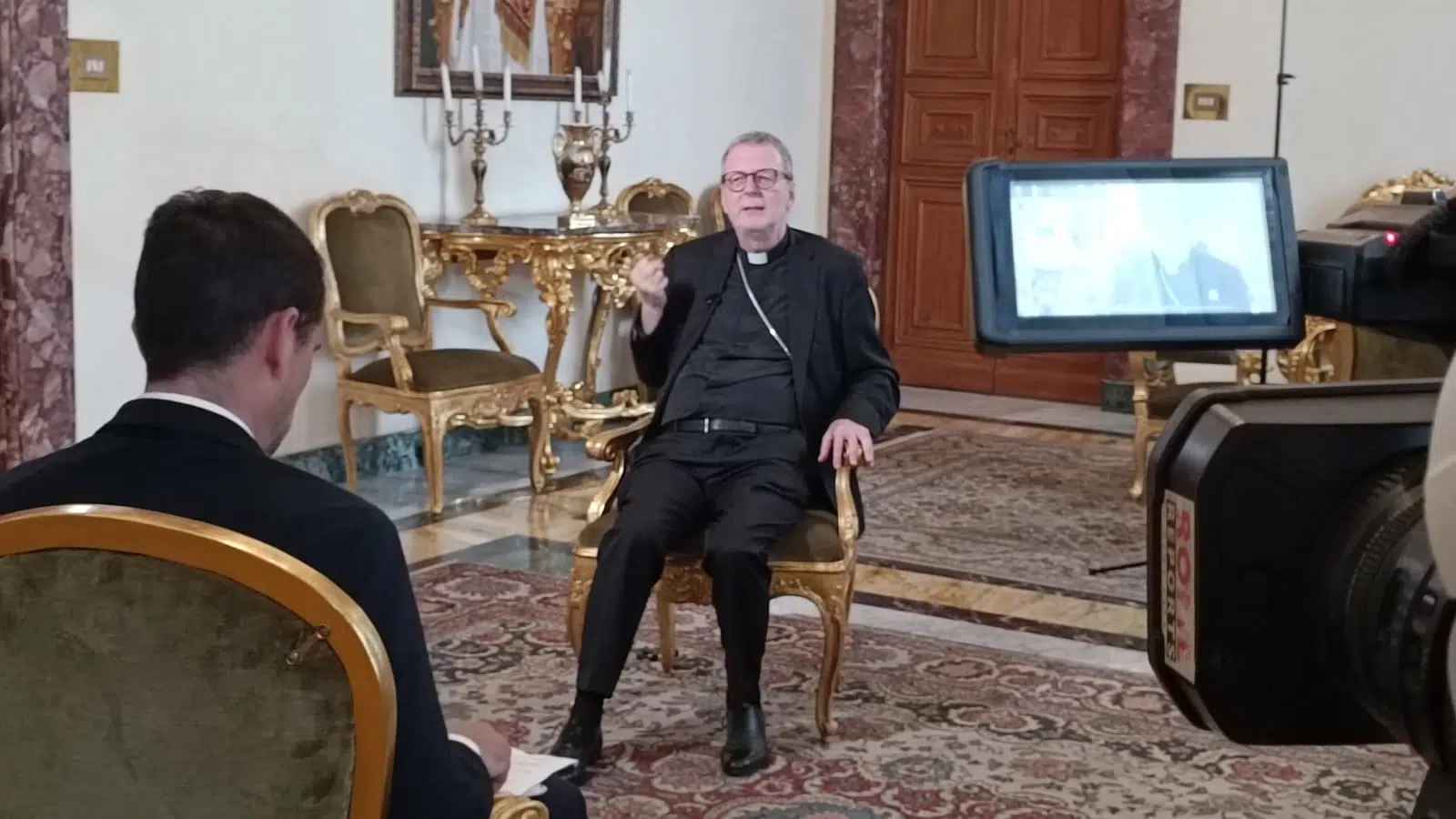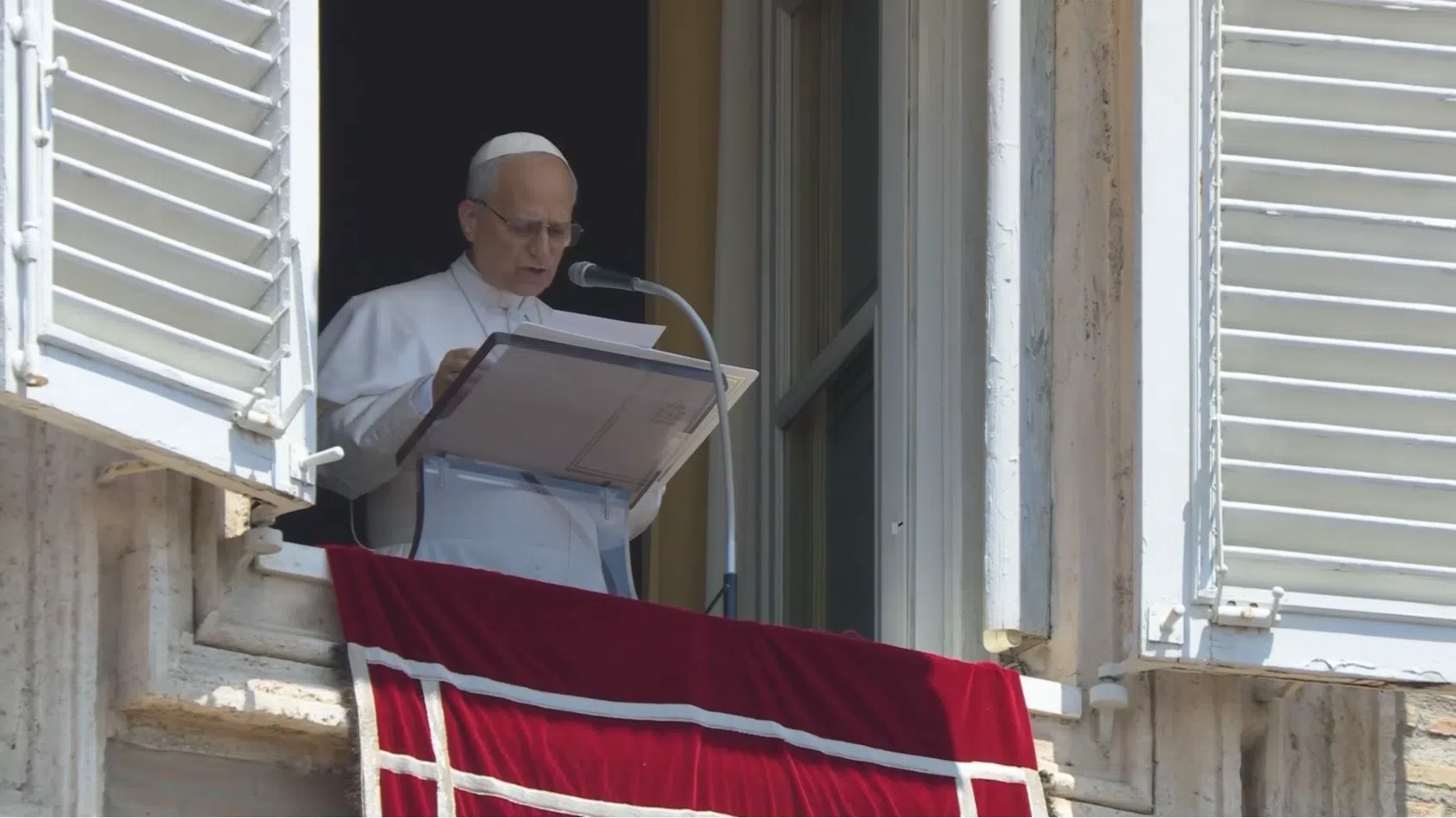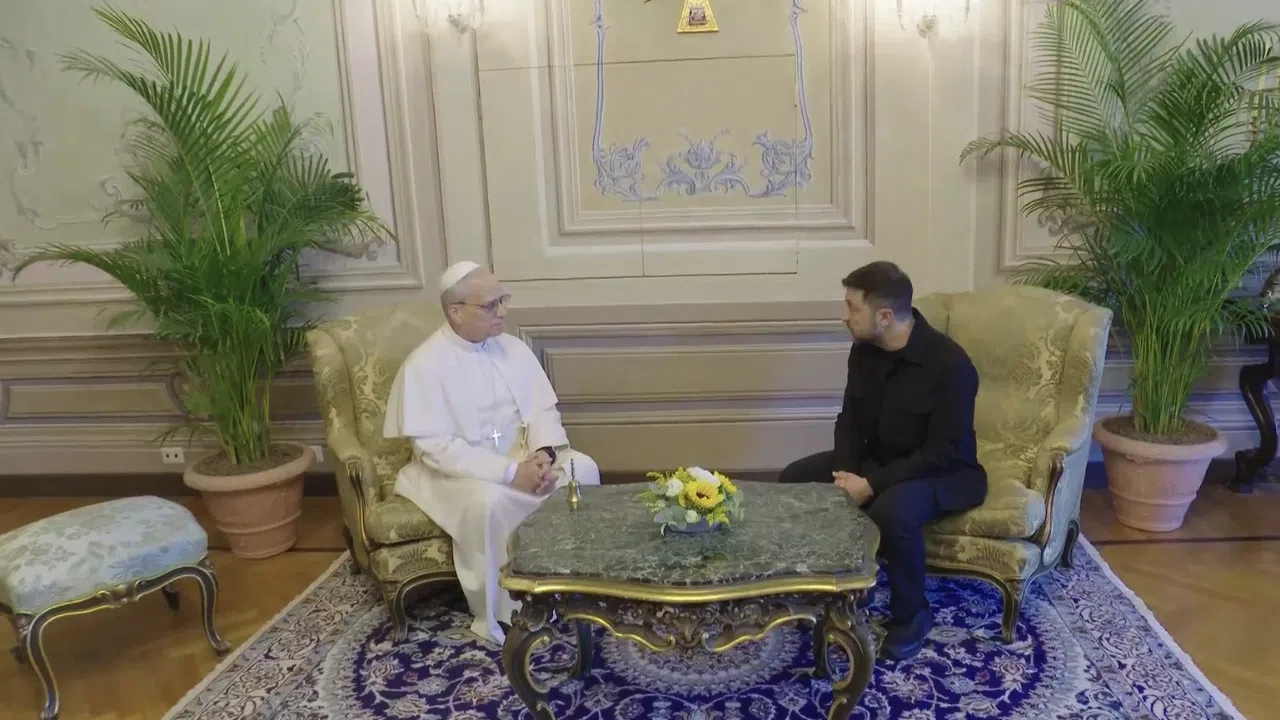The month-long meeting of the Synod on Synodality began on October 4. During the first day, the Pope, Secretary General and other Synod leaders gave opening remarks for the historic event where more than 50 women will participate and vote for the first time in a synod.
CARD. MARIO GRECH
Secretary General of the Synod
The unity of the People of God with its pastors is also apparent here. For the first time, there are sisters and brothers who are not part of the episcopal office: laymen and laywomen, religious women and religious men, deacons and priests who are no longer "exceptions to the norm," but are full members
of the Assembly.
In small groups, the more than 360 participants began working through Instrumentum laboris. This document was created using the information and topics gathered through the first phase of the Synod—listening to the various church communities on the local to the continental levels worldwide.
This second phase in Rome is focused on discussing and listening to people to better understand the contexts in which the Church lives and carries out her mission of service and evangelization throughout the world.
SHEILA PIRES
Secretary, Commission for Information
Every delegate or member, we've been split into different groups according to language.
People were encouraged to share their experiences during the synodal process prior to coming here.
Throughout the four weeks, the groups will discuss three priority issues outlined in Instrumentum laboris: communion, mission and participation.
From October 9-14, the participants will focus on communion. Specifically, they will reflect on finding “a unity that embraces diversity without erasing it” because this variety helps to “widen the scope of communion.”
In the second week, October 16-21, the subject will be mission. The groups will discuss the missionary nature of the Church and “how it can recognize and value contribution that each baptized person can offer in the mission.” The goal is to encourage every person to be part of this missionary nature with their unique gifts and roles.
The final week, October 23-29, the last priority will be participation—which is “at the heart of the project of communion and the commitment to mission.” Participation is meant to protect the uniqueness of each individual person without reducing them to instruments to be used in the Church's mission.
Instrumentum laboris describes these three priorities as characteristic signs of a synodal Church. These traits can also be clearly seen in the early Church. In the Acts of the Apostles, despite their different personalities, gifts and charisms, the disciples in the Council of Jerusalem were able to use this diversity to make decisions for the Church community.
To help the participants in these discussions and follow the Pope's invitation, each day of the assembly begins with a prayer service to foster an atmosphere of reflection.
CARD. JEAN-CLAUDE HOLLERICH
General Rapporteur
To help us do this, over the coming weeks we will experience other moments of common spirituality, and each day we can celebrate the Eucharist together next door, in St. Peter's Basilica, in the morning, before the beginning of our sessions.
On October 29, this phase of the Synod on Synodality will close with a solemn Mass in St. Peter's Basilica.
KG

